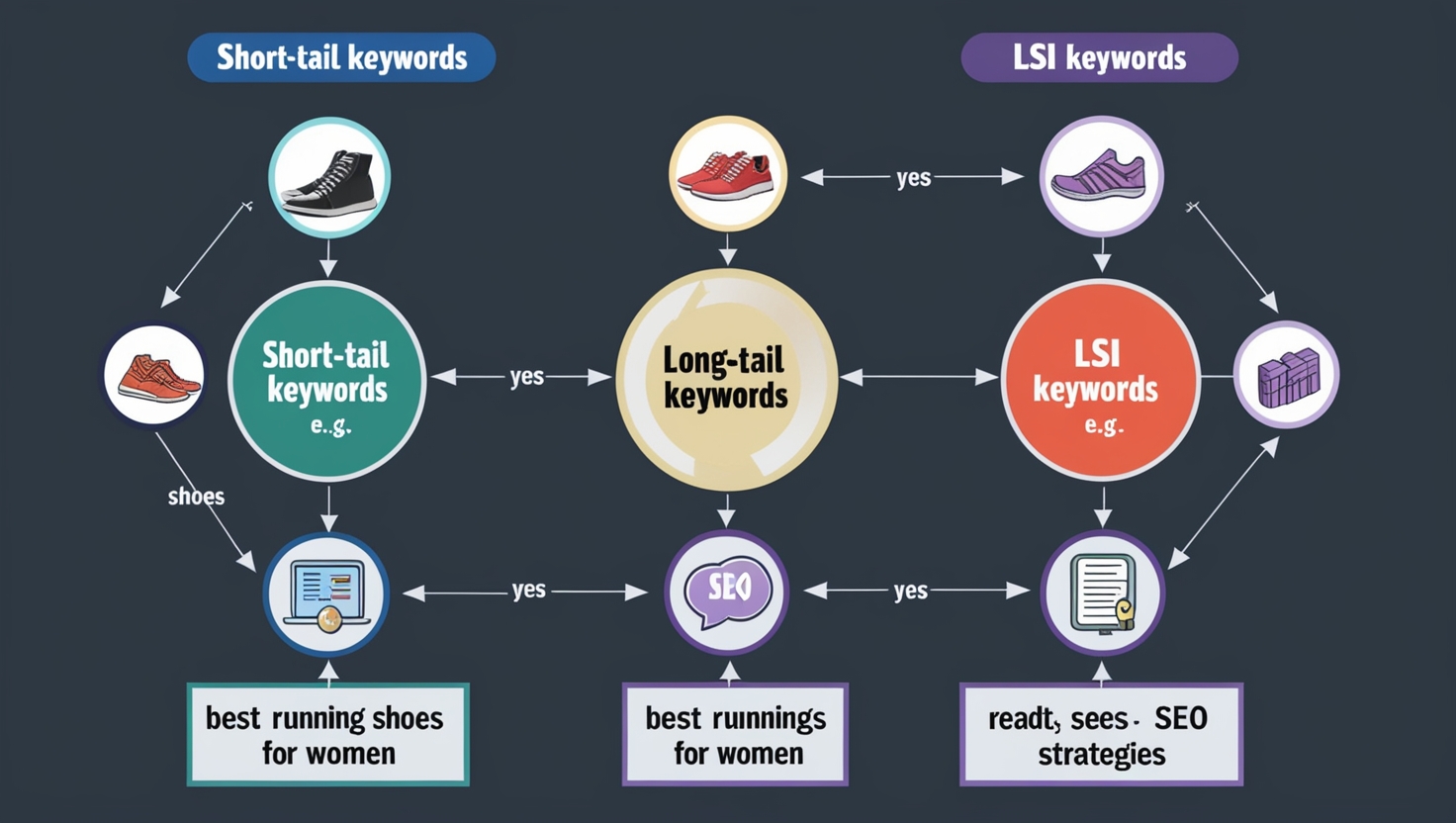27 | Dec
Clevpro
27 Dec, 2024
How to Choose the Perfect Keywords to Boost Your Google Ranking

Introduction
When it comes to climbing the Google ranking ladder, keywords are your best friends. Think of them as the bridges that connect your content to the audience searching for it. Choosing the right keywords can be the difference between being buried on page ten or proudly sitting at the top. Ready to boost your SEO game? Let’s dive in!
Understanding Keywords
What Are Keywords?
Keywords are the words and phrases that is use by individuals when they are in search of something on the internet. For instance, if someone wants tips on gardening, they might search “best plants for beginners.”
Types of Keywords
- Short-Tail Keywords: Broad, often one or two words, like “shoes” or “marketing.”
- Long-Tail Keywords: More specific phrases like “best running shoes for women.”
- LSI Keywords: Related terms that help search engines understand your content better, e.g., “SEO strategies” and “search engine optimization techniques.”
Why Keywords Matter for SEO
Search engines use keywords to determine what your content is about. If your page aligns with the searcher’s intent, your chances of ranking higher skyrocket.
Researching Keywords
Tools for Keyword Research
- Google Keyword Planner: A free tool to find keyword ideas and their search volume.
- SEMrush: Comprehensive insights into keyword trends and competitor analysis.
- Ahrefs: Detailed data on keyword difficulty and traffic potential.
Analyzing Search Intent
Every keyword has intent behind it:
- Navigational: Finding a specific site (e.g., “Facebook login”).
- Informational: Seeking answers (e.g., “how to bake a cake”).
- Transactional: Ready to act (e.g., “buy running shoes online”).
Understanding Competition
At the same time, a high search volume must be matched by low competition. Don’t chase overly competitive keywords unless you’ve got a strong domain authority.
Evaluating Keyword Relevance
- Aligning Keywords with Your Niche: Choose keywords that reflect your industry. For example, a food blogger shouldn’t waste time targeting tech-related terms.
- Matching Keywords with Audience Needs: Think about what you want your audience to get out of your articles and use the relevant keywords to provide the information.
Long-Tail Keywords: Your Secret Weapon
What Are Long-Tail Keywords?
These are specific, detailed phrases with lower search volume but higher intent.
Advantages of Long-Tail Keywords
- Easier to rank for due to lower competition.
- A considerably higher conversion rate for these reasons, as they’re optimally matched with the user’s intent.
Keyword Placement
Where to Use Keywords
Strategically place keywords in:
- Title Tags: Make your headline clear and relevant.
- Meta Descriptions: Summarize your content with enticing keywords.
- Content Body: Naturally weave them into your text.
Avoiding Keyword Stuffing
Overloading keywords can hurt your ranking. Focus on natural, user-friendly placement.
Monitoring and Adjusting
Tracking Keyword Performance
Have Google Analytics or another similar tool set up to determine how your chosen keywords work frequently.
Using Analytics Tools
They provide information about traffic and bounce rates and keywords being used by the website.
Common Mistakes to Avoid
Overlooking Search Intent
Don’t choose keywords that misalign with what your audience wants.
Ignoring Mobile Users
A good number of the searches are done using the mobile devices. See that there is consistency between the different platforms chosen in order to present the keywords.
Choosing Only High-Volume Keywords
High volume doesn’t always mean high success.
Conclusion
Keywords are the backbone of SEO. By understanding their importance, researching effectively, and optimizing wisely, you can climb the Google ranks and connect with your target audience. Remember, SEO isn’t a one-and-done deal—it’s an ongoing process!
FAQs
- What are the top tools to use in keyword research?
Google Keyword Planner and Ubersuggest are great free options.
- How frequently do I need to change the keywords using?
Aim to review and refresh your keywords every 3-6 months.
- But can long-tail keywords work for any of the industries?
Absolutely! They’re versatile and effective across all niches.
- What is keyword cannibalization?
It happens when multiple pages target the same keyword, confusing search engines.
- What is the relationship between SEO and usability?
Focus on creating valuable, engaging content while incorporating keywords naturally.








